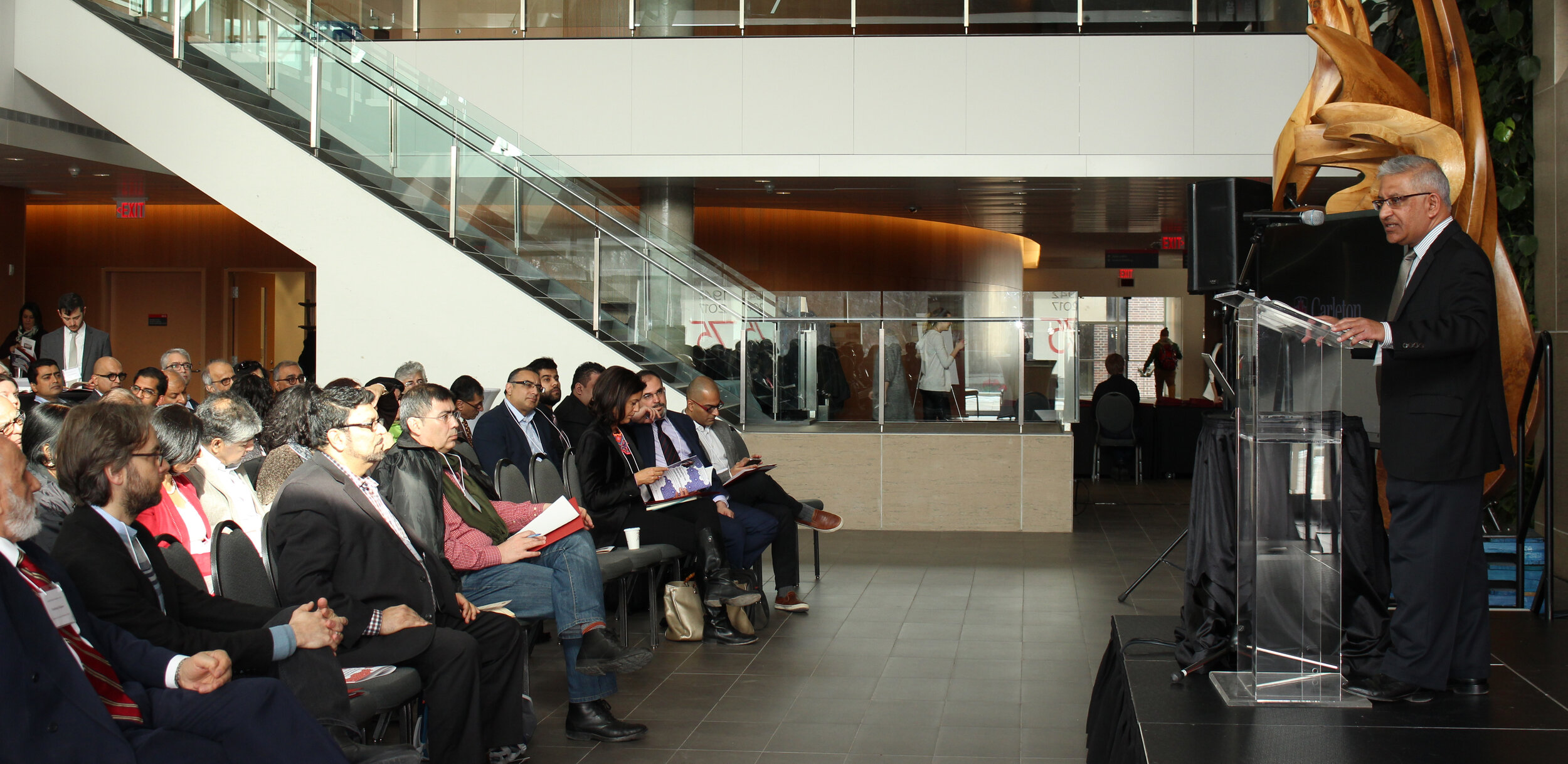
International ismaili studies conferences
The Ismaili Studies Conferences (ISC) are a progressive endeavour to provide opportunities for the presentation of research on the scholarly space termed broadly as Ismaili Studies and they serve as venues for academic discussion and debate. Among other aspects of intellectual activity, the conferences are sites for questioning assumptions and preconceptions. ISC upholds contemporary standards of scholarship and the Ismāʿīlī movement’s traditional respect for the human intellect (ʿaql). ISC is not aligned with any communal, political, religious, or ideological body. Whereas its university-based organizers consider it important to engage with Ismāʿīlī institutions, they do not seek permission from any organization to hold events. ISC does not orient itself for or against any individual or institution; however, it recognizes that academic freedom and critical inquiry are integral to scholarship and that individual conference presenters may put forward research findings critical of specific entities. ISC offers a forum for respectful discussion and debate whose fundamental purpose is viewed as the advancement of knowledge.
ISC principles – the conferences and related initiatives provide for
Upholding high standards of critical scholarship
Discussion and respectful debate on aspects of Ismaili Studies
A scholarly space that is conceptualized in a broad and interdisciplinary manner inclusive of a multiplicity of viewpoints, cultures, and expressions
Peer-based scholarly assessments rather than hierarchical vetting
Inclusionary participation rather than exclusionary ownership
The First International Ismaili Studies Conference, held at the University of Chicago in October 2014, was organized by doctoral candidates Shiraz Hajiani and Michael J. Bechtel. Professor Karim H. Karim held the Second ISC at Carleton University’s Centre for the Study of Islam in March 2017. The Third ISC was a completely online event held in August 2021 during the Covid-19 pandemic. It was organized by Dr. Khalil Andani of Augustana College and Dr. Ahab Bdaiwi of Leiden University.